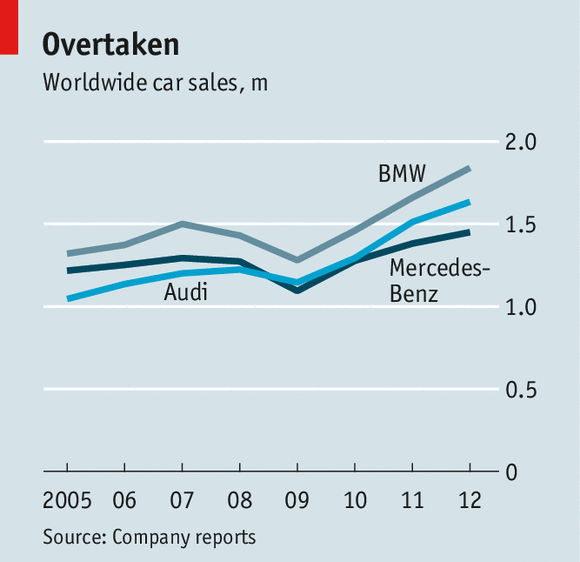
It seems as though the stereotype for the average business student has been reassessed, according to this very agreeable article in The Globe and Mail. To many, when the word “business” is mentioned, they think of heartless businessmen or women with no conscience, with the sole purpose of making money. However, recent studies have shown that this is a complete misrepresentation of what it means to be a successful business person. In today’s business schools, students’ top concerns now involve social contribution and benefits.

Like we discussed in class, many “social entrepreneurs” are starting their business with not only profit in mind, but how their product or service will benefit others. Programs like UBC’s ARC Initiative promote social entrepreneurs like Tesfaye, who has a sustainable system of creating paper out of bananas. Personally, I believe this is the direction that business students should head towards. Not only learning ways to make a profit for a business in today’s competitive world, but doing so in a way that benefits not only the business, but the world that we live in.
http://blog.e-180.com/wp-content/uploads/2009/02/forimpact.gif
http://www.salemsethiopia.com/images/coop_naturalbooks_v01.jpg


 In today’s world, the internet has become part of our everyday lives. We can communicate through email, post pictures, and even pay bills all at the click of a button. Needless to say, a lot of our personal and private information can be found over the internet, but recently however, the U.S. government has been under fire for the non-warranted surveillance of this information, and Google employees are outraged.
In today’s world, the internet has become part of our everyday lives. We can communicate through email, post pictures, and even pay bills all at the click of a button. Needless to say, a lot of our personal and private information can be found over the internet, but recently however, the U.S. government has been under fire for the non-warranted surveillance of this information, and Google employees are outraged.

